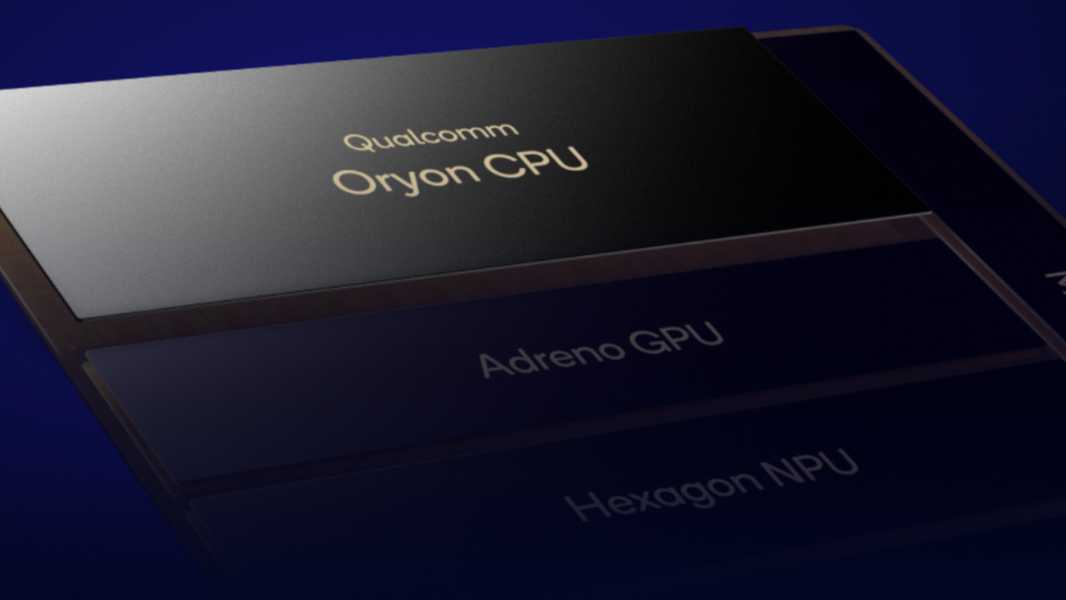RISCy Arm v. Qualcomm Trial Begins
- Paul Thurrott
- Dec 16, 2024
-
11

Arm Holdings and Qualcomm will face off in a U.S. District Court in Delaware today for the start of what’s expected to be a week-long trial. At stake is the future of Qualcomm’s PC chip business, which Arm says is in violation of its license agreements. In short, Arm would like to earn more revenues from Qualcomm, by far its biggest partner.
“Following Qualcomm’s repeated material breaches of Arm’s license agreement, Arm is left with no choice but to take formal action requiring Qualcomm to remedy its breach or face termination of the agreement,” Arm Holdings said back in October. “This [lawsuit] is necessary to protect the unparalleled ecosystem that Arm and its highly valued partners have built over more than 30 years. Arm is fully prepared for the trial and remains confident that the Court will find in Arm’s favor.”
Windows Intelligence In Your Inbox
Sign up for our new free newsletter to get three time-saving tips each Friday — and get free copies of Paul Thurrott's Windows 11 and Windows 10 Field Guides (normally $9.99) as a special welcome gift!
"*" indicates required fields
This week’s jury trial is the culmination of a years-long dispute.
It began when Qualcomm, unable to meet the need of Microsoft and Windows in the PC space with its own chip designs, acquired Nuvia in January 2021 for $1.4 billion. That company, which had been co-founded in part by individuals who worked previously on Apple’s Arm-based chips, originally focused on datacenter chips but also had a unique PC-based design code-named “Phoenix.” Like Qualcomm, Nuvia licensed Arm Holdings’ Arm chip designs as the basis for its products.
According to Arm, Qualcomm violated its licensing agreements twice. First, by not notifying Arm that it was acquiring a licensee. And then by refusing to pay Nuvia’s licensing fees after the acquisition. This breach of Arm’s terms triggered an August 2022 termination of the Nuvia license, and Arm demanded that Qualcomm not just stop using the technology in its PC chips, but also destroy them.
Qualcomm described Arm’s response as “extreme” at the time, but it didn’t stop working on Nuvia-designed chips for PCs. It noted that it had not violated its Arm licenses–which are not available to the public, making both claims impossible to assess–or trademarks and that it was legally free to continue its work. Qualcomm later announced the result of this work as the Oryon processor core in its Snapdragon X series processors, in October 2023, and then released them in new products from PC maker partners in mid-2024. Qualcomm is also using Oryon as the basis for its new generation Arm chips for smartphones, and new devices based on this design will arrive in early 2025.
Oryon is based on Arm Holding’s so-called Arm v8 series designs. Arm has since moved on to a newer v9 design that comes with much higher licensing fees, helping the company improve its revenues as more licensees shift to the newer design. In its most recent financial quarter, Arm noted that 25 percent of its revenues from licensing now come from v9.
Left unsaid, Qualcomm–Arm’s biggest customer and partner–does not use or license Arm v9. Instead, Qualcomm heavily modifies Arm’s designs and uses its own unique chip design capabilities to create a diverse range of offerings that give it a competitive advantage. Where smaller companies lean more heavily on Arm’s original designs, and thus pay more per chip in royalties, Qualcomm diverges so broadly from Arm that its royalties payments to Arm are relatively low. This explains, in part, why Arm–whose chip designs form the basis for the vast majority of chips sold each year, has yet to earn $1 billion in a single quarter, while Qualcomm is an industry giant that earned over $10 billion in its most recent quarter.
Now a publicly held company, Arm understandably wants a bigger slice of the revenue pie. But Qualcomm, a savvy industry veteran, is keen to lower its costs as it relies less on outside help. (Apple, another Arm licensee, operates similarly.) Arm’s licenses are highly secretive, but it’s clear that Nuvia, a tiny company, was paying higher licenses fees than Qualcomm. And these are fees Qualcomm does not want to pay.
In some ways, it’s surprising this case even went to trial, since details of the company’s licensing agreement will now be made public. But heading into this week, Qualcomm seems to have the upper hand. Both firms have made bold public statements, but only Arm has adjusted its earnings predictions to account for a potential loss in court. And its demand that Qualcomm “destroy” the work it’s done with Nuvia isn’t just unreasonably, its ludicrous.
But we will learn more this week.